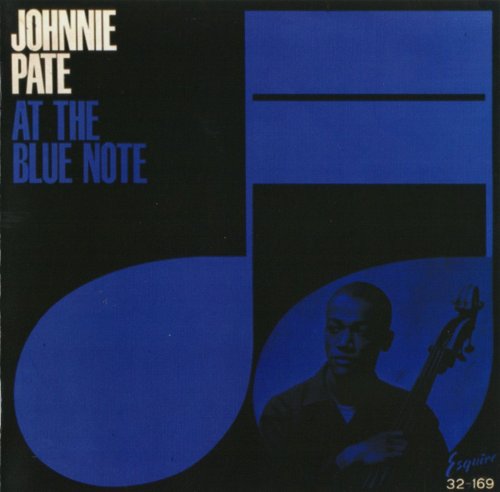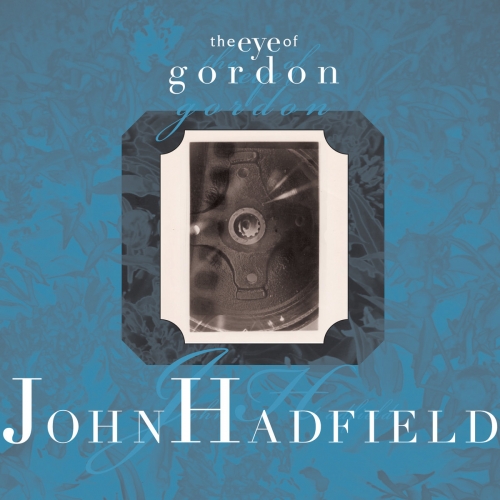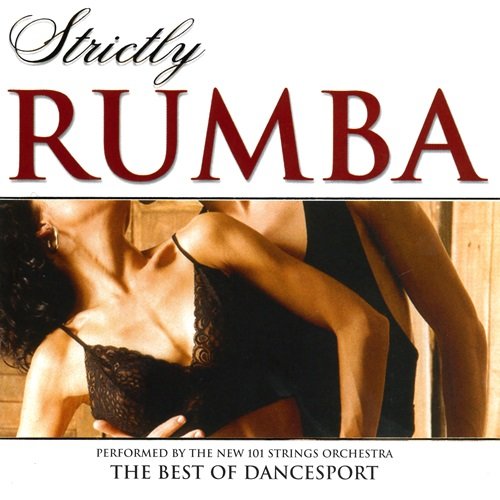Nilson Matta Brazilian Trio - Forests (2008)
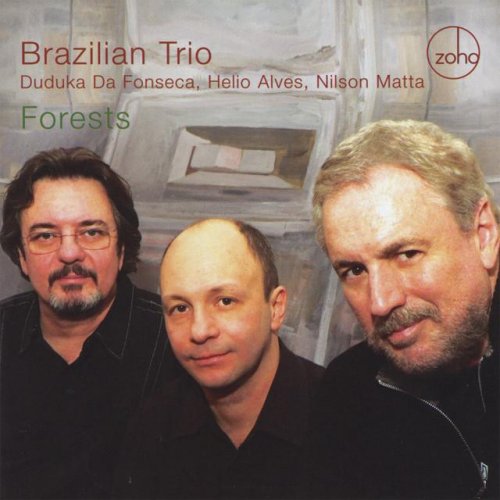
Artist: Nilson Matta Brazilian Trio
Title: Forests
Year Of Release: 2008
Label: Zoho
Genre: Jazz / Bossa Nova
Quality: Mp3 / 320kbps
Total Time: 62:20 min
Total Size: 141 MB
WebSite: Album Preview
TracklistTitle: Forests
Year Of Release: 2008
Label: Zoho
Genre: Jazz / Bossa Nova
Quality: Mp3 / 320kbps
Total Time: 62:20 min
Total Size: 141 MB
WebSite: Album Preview
-----------
01. Amor
02. Forests
03. Samba Alegre
04. Montreux
05. Pro Zeca
06. Tarde
07. Ubatuba
08. Paraty
09. Flying Over Rio
10. Vera Cruz
Helio Alves: piano; Nilson Matta: bass; Duduka Da Fonseca: drums, percussion.
This exciting recording is a perfect example of the thorough absorption of the Bossa Nova being integrated with the mainstream jazz piano trio. All three members of Brazilian Trio are, in fact, Brazilians but have lived in New York City for decades,settling in the 1970s, '80s and '90s.
Pianist Helio Alves is the youngest of the three, having worked with Oscar Castro-Neves, Rosa Passos and Paquito D'Rivera. His decidedly modal approach to piano jazz is undoubtedly a credit to the influence of Bill Evans. Like Alves, bassist Nilson Matta hailed from Sao Paulo and has been a prolific musician seemingly appearing on scores of dates over the years. Drummer Duduka Da Fonseca relocated from Rio in 1970 and has been a vital part of the New York jazz scene ever since; at one time he was a part of the Don Pullen Afro-Brazilian Connection. His wife is Brazilian vocalist Maucha Adnet, who has established herself as a primary interpreter of Antonio Carlos Jobim. Da Fonseca and Matta form two-thirds of Trio Da Paz along with guitarist Romero Lubambo.
The music on Forests, while reflecting the pulse and passion of Brazil, is not really Bossa Nova or Samba. Rather, it represents a synthesis of those forms with the style of the American jazz trio. The tunes are redolent of the forests of Brazil, presented in a manner that moves the music into a new category. Opening with Ivan Lins' lovely "Amor," featuring Alves' lyrical piano, the session moves into Matta's title tune, dedicated to the forests of the Earth and in particular the Amazon Rain Forest, with Da Fonseca offering some tasty brushwork. Milton Nascimento contributes "Tarde," a beautiful melody that is limned again by Alves' Bill Evans-style work. Hermeto Pascoal's "Montreux" is a hard-to-find and rarely recorded title that made its debut at the 1979 Montreux Jazz Festival. The album concludes with Nascimento's popular "Vera Cruz," a full blown jazz samba. One significant observation about Brazilian Trio is that, despite its members' individual recording experiences, this is a fully interactive trio, bringing the distinctive touch of Brazil to a faraway studio. ~Michael P. Gladstone
This exciting recording is a perfect example of the thorough absorption of the Bossa Nova being integrated with the mainstream jazz piano trio. All three members of Brazilian Trio are, in fact, Brazilians but have lived in New York City for decades,settling in the 1970s, '80s and '90s.
Pianist Helio Alves is the youngest of the three, having worked with Oscar Castro-Neves, Rosa Passos and Paquito D'Rivera. His decidedly modal approach to piano jazz is undoubtedly a credit to the influence of Bill Evans. Like Alves, bassist Nilson Matta hailed from Sao Paulo and has been a prolific musician seemingly appearing on scores of dates over the years. Drummer Duduka Da Fonseca relocated from Rio in 1970 and has been a vital part of the New York jazz scene ever since; at one time he was a part of the Don Pullen Afro-Brazilian Connection. His wife is Brazilian vocalist Maucha Adnet, who has established herself as a primary interpreter of Antonio Carlos Jobim. Da Fonseca and Matta form two-thirds of Trio Da Paz along with guitarist Romero Lubambo.
The music on Forests, while reflecting the pulse and passion of Brazil, is not really Bossa Nova or Samba. Rather, it represents a synthesis of those forms with the style of the American jazz trio. The tunes are redolent of the forests of Brazil, presented in a manner that moves the music into a new category. Opening with Ivan Lins' lovely "Amor," featuring Alves' lyrical piano, the session moves into Matta's title tune, dedicated to the forests of the Earth and in particular the Amazon Rain Forest, with Da Fonseca offering some tasty brushwork. Milton Nascimento contributes "Tarde," a beautiful melody that is limned again by Alves' Bill Evans-style work. Hermeto Pascoal's "Montreux" is a hard-to-find and rarely recorded title that made its debut at the 1979 Montreux Jazz Festival. The album concludes with Nascimento's popular "Vera Cruz," a full blown jazz samba. One significant observation about Brazilian Trio is that, despite its members' individual recording experiences, this is a fully interactive trio, bringing the distinctive touch of Brazil to a faraway studio. ~Michael P. Gladstone
IsraCloud : Download
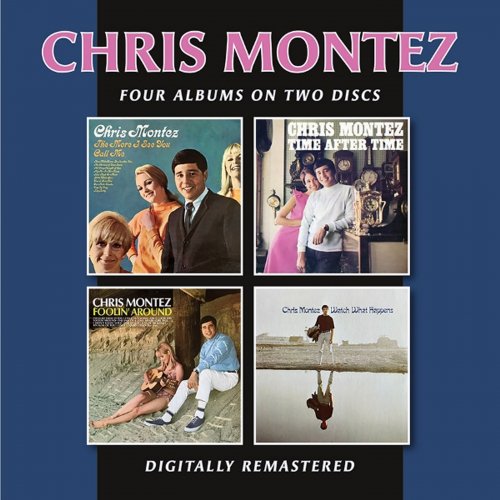
![Karin Krog & John Surman - Infinite Paths (2015) [Hi-Res] Karin Krog & John Surman - Infinite Paths (2015) [Hi-Res]](https://www.dibpic.com/uploads/posts/2026-02/1770025527_env1crs2mqx1a_600.jpg)
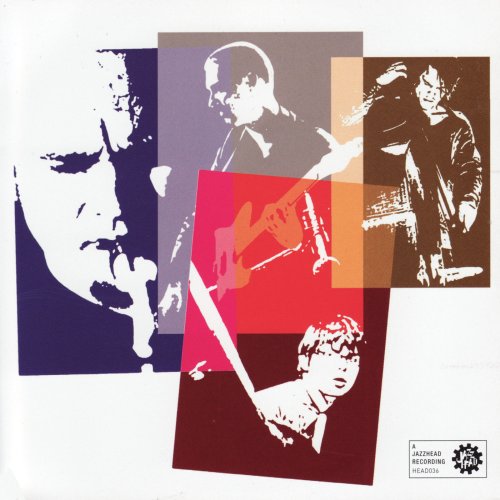
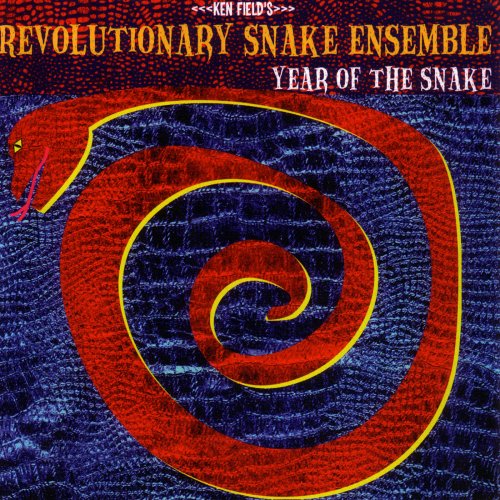

![Vesna Pisarovic - Poravna (2025) [Hi-Res] Vesna Pisarovic - Poravna (2025) [Hi-Res]](https://www.dibpic.com/uploads/posts/2026-02/1770024886_xcr9mudmw50b1it2dr9qpqkv0.jpg)
